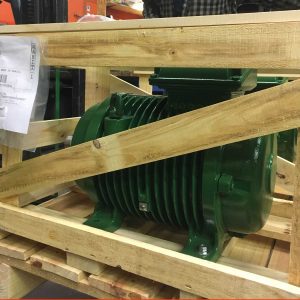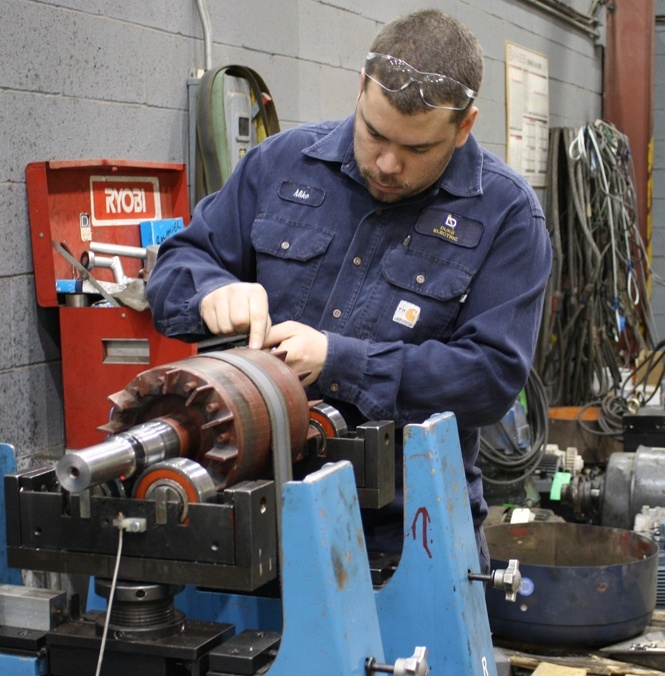Best Practices for Electric Motor Storage January 26, 2022
Stored equipment is invested capital. And priority should be given to the proper storage of your investments. With electric motors, you should employ best practices when storing them away for more than a few weeks. This ensures they’ll work when you need ‘em.
Here are some of the factors to consider when storing your electric motor.
Storage conditions Short-term storage
If you’re storing your motor for a short time, like a few weeks, ensure the motor is protected from the weather and ambient vibration.
Long-term storage
If you’re storing your motor for a more extended period like months or years, then your motor will require added measures to protect its machined surfaces, bearings, and windings. Shaft rotation is important during long-term storage to redistribute lubricant on machined surfaces and prevent corrosion.

Indoor storage
It is best to store your motors indoors in a clean and dry area. Prevent any condensation from forming inside the motor by energizing the space heaters to keep the windings 5-10 degrees Celsius above the ambient temperature.
Outdoor storage
If a motor is too large to store indoors, it’s probably very expensive! In this case, construct an enclosed storage facility to protect your investment.
If outdoor storage is necessary, you must protect the motor with a waterproof cover that allows breathing room at the bottom. You’ll want to cover openings as well to make sure insects and rodents stay out.

Keeping good records
Thorough and accessible records are invaluable for any motor storage program. Consider attaching a card to each motor with the storage dates, maintenance procedures, and results of all tests performed during the storage period. An insulation resistance test (IR), for example, should be used before and after storing the motor. For motors in storage for a more extended period, it’s a good idea to replace that card annually with updated information and keep electronic copies of the previous cards for future reference.
Bearing protection
If you are storing your motor for an extended period of time, you should fill the bearing cavities with grease to prevent rust and corrosion. Rust and corrosion can happen when moisture collects between the balls and races.
Avoiding ambient vibration
If your storage area is next to ambient vibration areas like construction, rail lines or production areas, then your motor’s bearings are at an increased risk of vibration. Consider storing the motors on pallets or using rubber boarding to absorb the vibrations if this is the case.
Special care for windings
Motor windings need to stay clean and dry to maintain the integrity of the insulation. Keep the windings 5-10 degrees Celsius above ambient temperature to avoid this. You can prevent condensation from forming using energized space heaters or lower the dewpoint of the storage area with a dehumidifier.
Carbon brushes
For long-term storage, lift the carbon brushes away from the commutator/slip rings to prevent chemical reactions from discolouring the commutator. Store the springs in a relaxed state to guard against a gradual pressure loss.
Looking to store a motor or spare? Gain extra space at your plant and peace of mind by storing them with Duke.
We follow our own advice when transporting motors.







